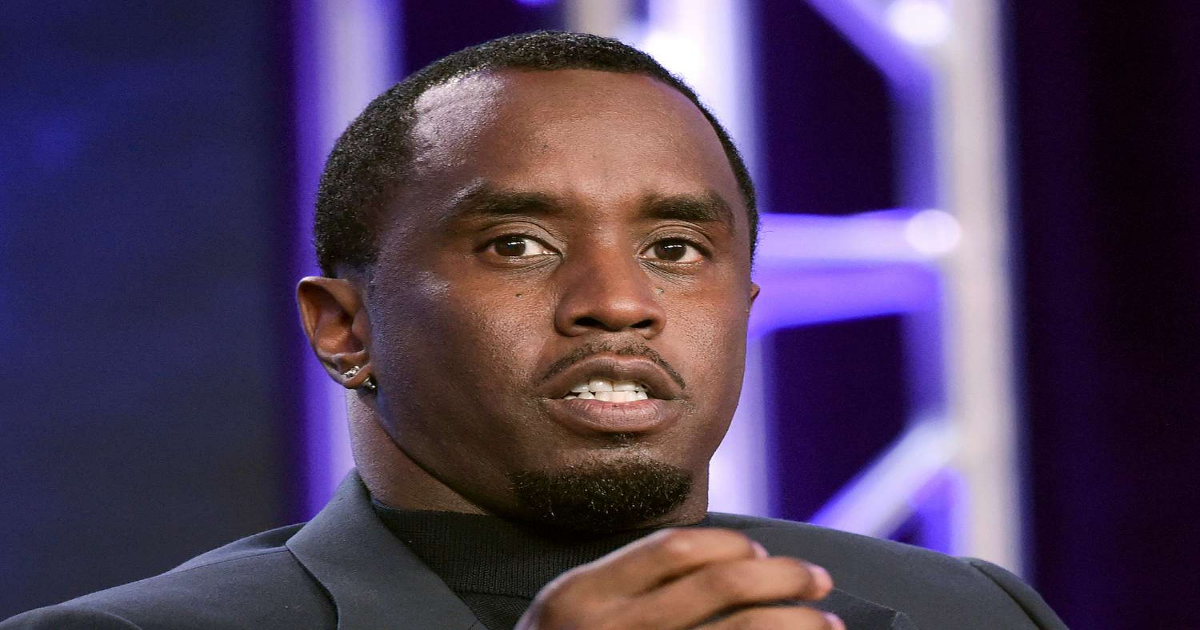Sean “Diddy” Combs was found guilty of prostitution charges but was acquitted of the most serious charges – sex trafficking and racketeering – after a seven-week trial
Prosecutors argued that Combs coerced his ex- girlfriend Casandra “Cassie” Ventura and another woman who testified under the pseudonym “Jane,” to take part in drug-fueled marathon sex sessions called “freak off” parties
Combs’ attorneys argued throughout the trial that the sexual encounters were consensual
On July 2, a Manhattan federal jury found Sean “Diddy” Combs guilty of prostitution charges but acquitted him of sex trafficking and racketeering after a seven-week trial.
Neama Rahmani, a former federal prosecutor and legal commentator, says he wasn’t surprised that Combs was acquitted on the sex trafficking charges.
During the trial, prosecutors argued that Combs coerced his ex- girlfriend Casandra “Cassie” Ventura and another woman, who testified under the pseudonym “Jane,” to take part in drug-fueled, marathon sex sessions called “Freak Offs” or “hotel nights” — parties that sometimes lasted two days.
Ventura’s testimony included allegations that Combs forced her to participate in “Freak Offs,” during which he urinated on her, coerced her into sex with other men, and videotaped the encounters to later use as blackmail. She also alleged Combs carried weapons and had employees track her down when she tried to stay away from him.
Combs’ attorneys argued throughout the trial that the sexual encounters were consensual.
Sean “Diddy” Combs. Christopher Polk/Variety via Getty
“It was a weak case,” says Rahmani. “The jury thought it was all consensual. That was absolutely clear from the beginning that they didn’t believe the [alleged] victims were forced or coerced to participate in the acts. It was all volunteer.”
“You can’t bring [alleged] victims that stay with their [alleged] abusers,” he says. “There are a lot of jurors that don’t buy those arguments. That’s just the bottom line. I disagree with it. I don’t want people to think that I’m an apologist, but jurors do not buy those arguments. They think to themselves, ‘Hey, if you were sexually abused, you were assaulted, why didn’t you leave?’”
Want to keep up with the latest crime coverage? Sign up for PEOPLE’s free True Crime newsletter for breaking crime news, ongoing trial coverage and details of intriguing unsolved cases.
Sean “Diddy” Combs. Richard Shotwell/Invision/AP
Combs was also accused of one count of racketeering, with prosecutors alleging he ran a criminal enterprise over two decades — with help from his staff and inner circle — that committed crimes including arson, bribery and kidnapping.
The racketeering charge was “the prosecution’s only real chance of a victory and to prove a non-sex related predicate act like kidnapping, arson, extortion or bribery,” Rahmani says. “The fact that the jury even rejected that argument shows the many flaws in the prosecution’s case.”
Rahmani says the verdict was a “slap in the face to the [alleged] victims.”
“This case will have a chilling effect on other victims coming forward,” he says. “Imagine telling jurors you were urinated on, forced to take drugs until you threw up and to have sex on your period and UTI — and they don’t believe you?”
About his sentence, Rahmani says his sentencing guideline range could be as low as 15 to 20 months.
“[Prosecutors] may try to get more and try to enhancements, but it may be as low as 15 to 21 months,” he says. “That’s what the defense is going to argue. That’s pretty close to time served. Are you going to keep him in for another 3, 4, 5 months? That doesn’t make sense. I think he should be out on bond today and then when he is sentenced later this year, he should be sentenced to time served. But maybe the judge will give him some time. But look, the jury has spoken, they thought that this was consensual, that the other criminal activity didn’t happen.”
